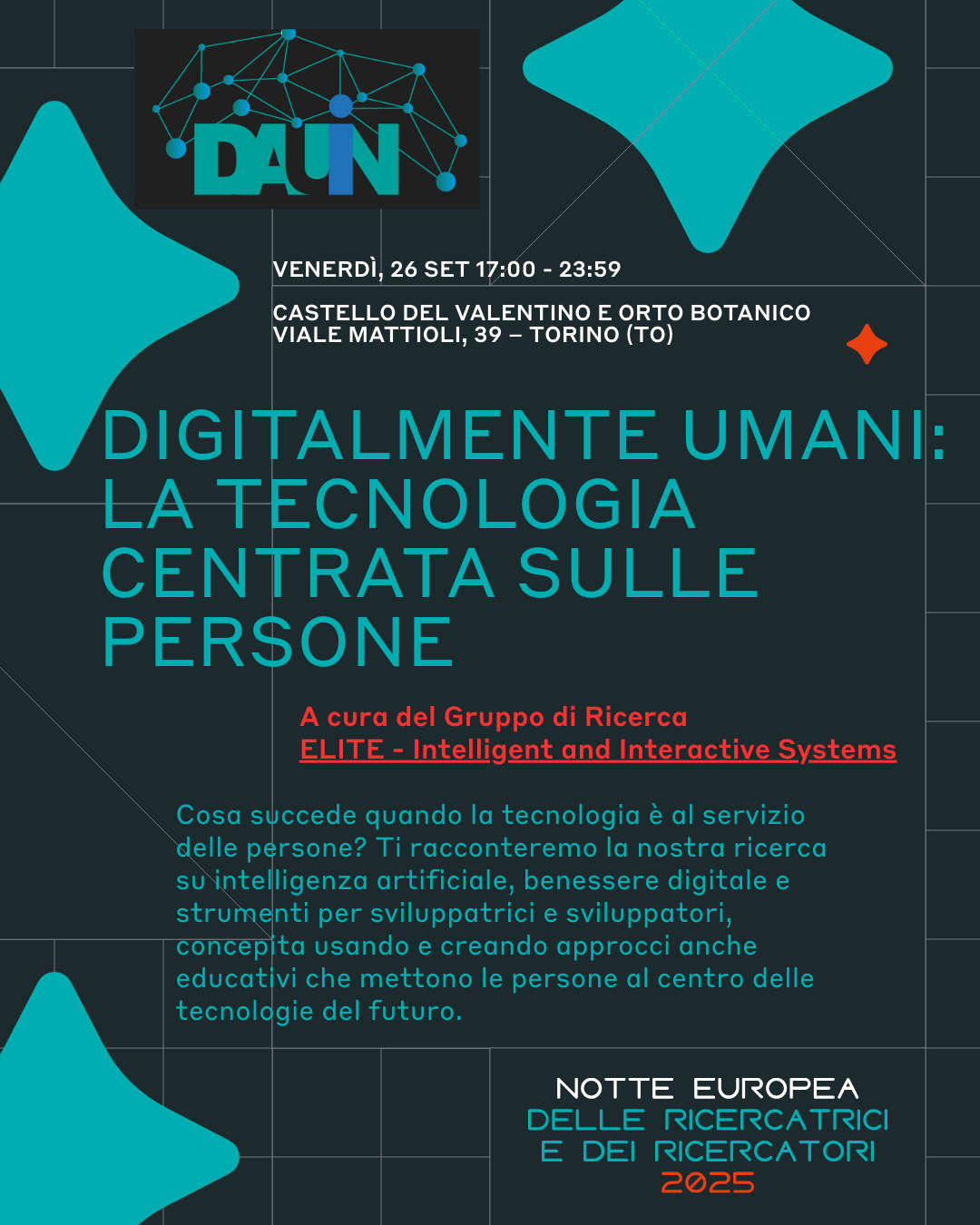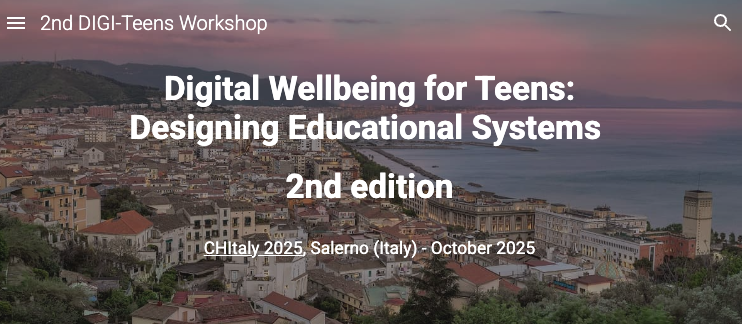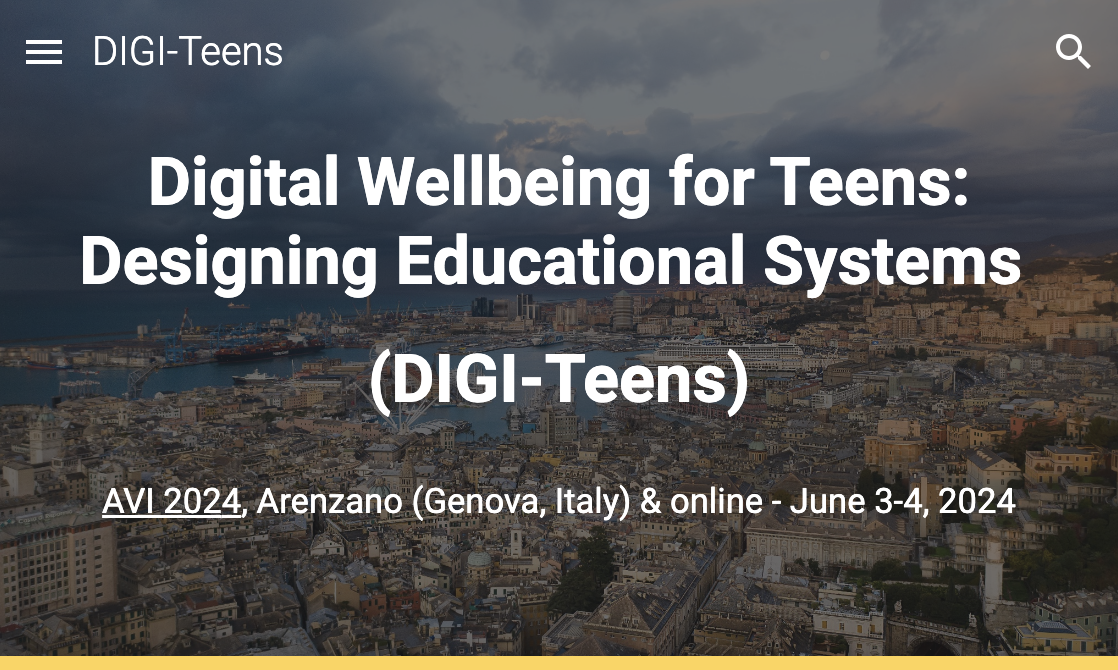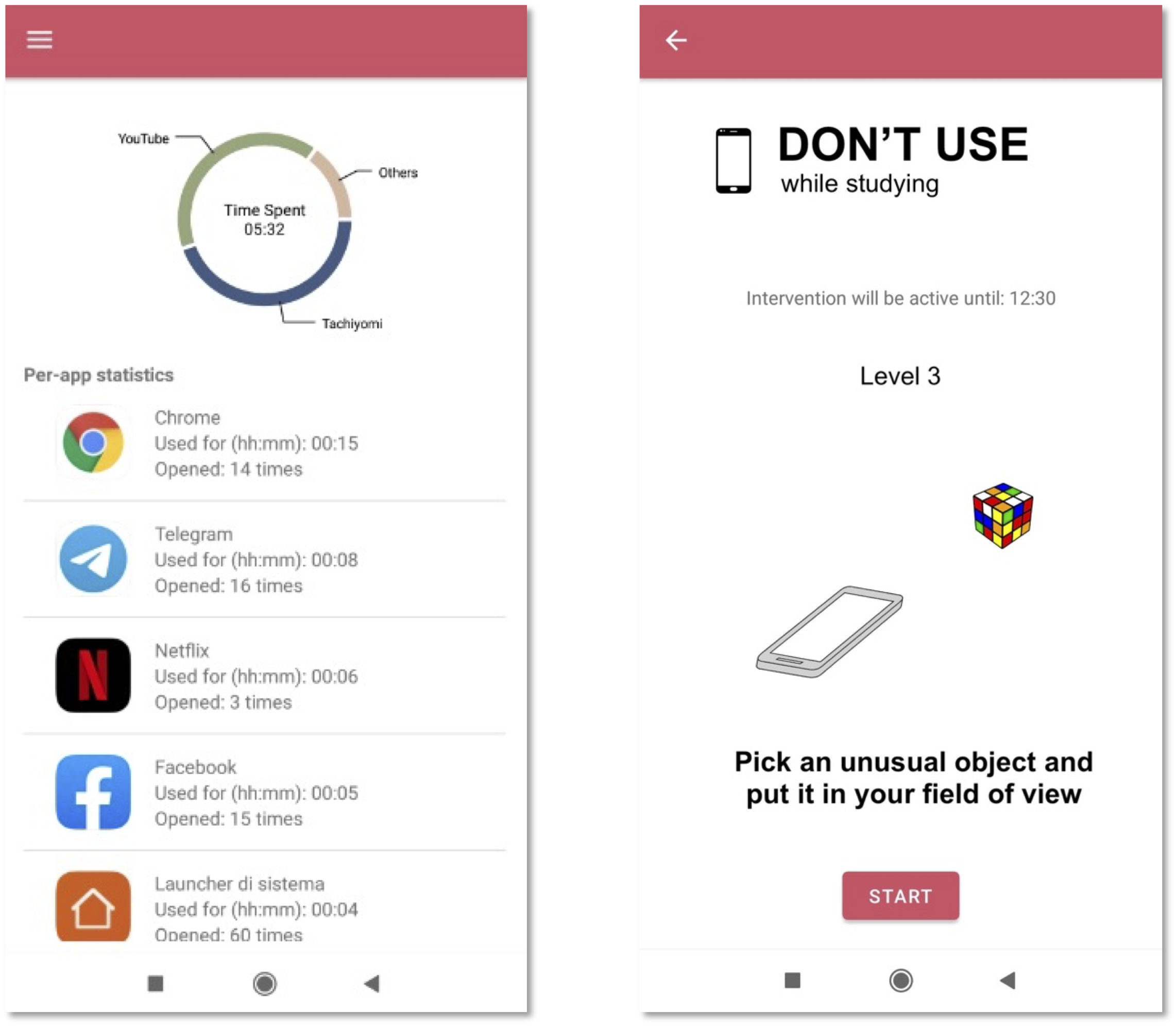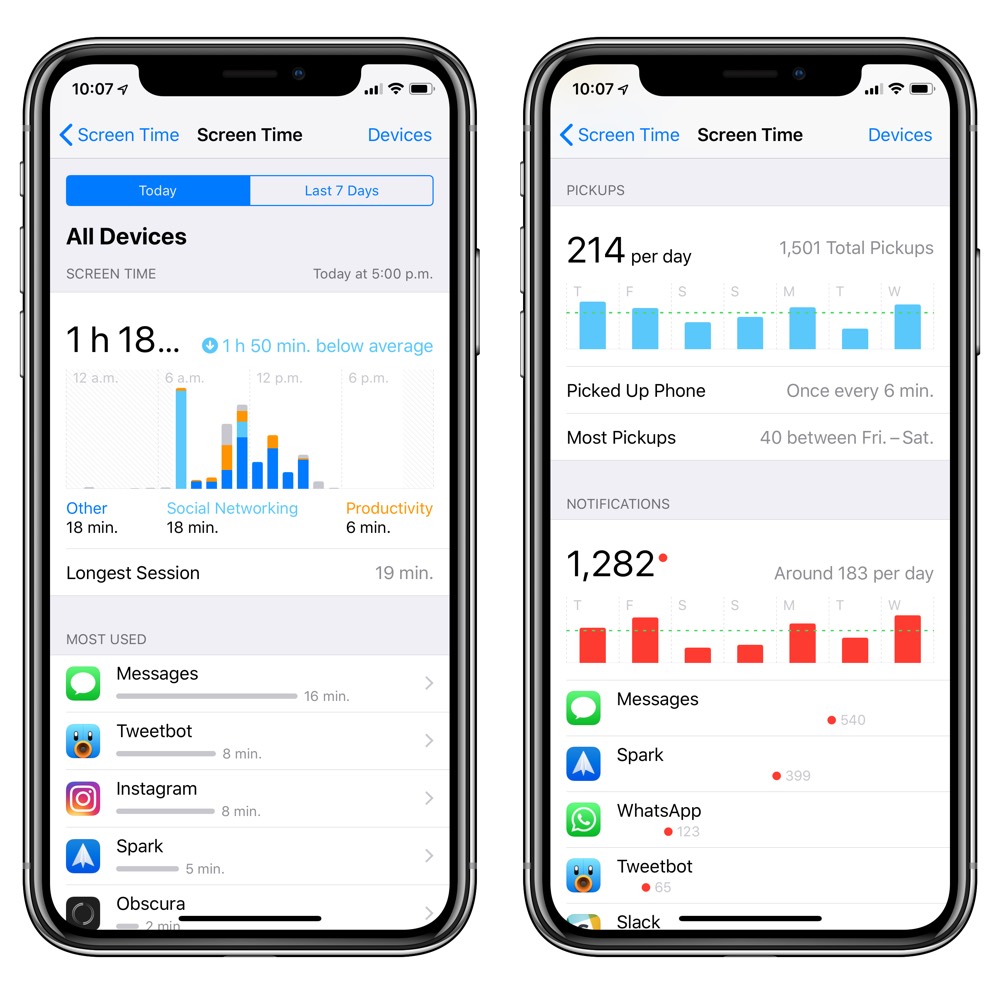New Research on Design Framework for AI-powered Digital Wellbeing Tools Published on IJHCS
We are excited to announce that our latest research, Intelligent Support for Digital Wellbeing: a Design Framework through a Systematic Literature Review, has been published in the prestigious Elsevier International Journal of Human-Computer Studies (IJHCS). The research, led by Luca Scibetta, Massimiliano Pellegrino, Alberto Monge Roffarello, and Luigi De Russis from the e-Lite group, introduces a design framework of 6 dimensions and 23 sub-dimensions providing a guide for the design of AI-powered digital wellbeing applications.
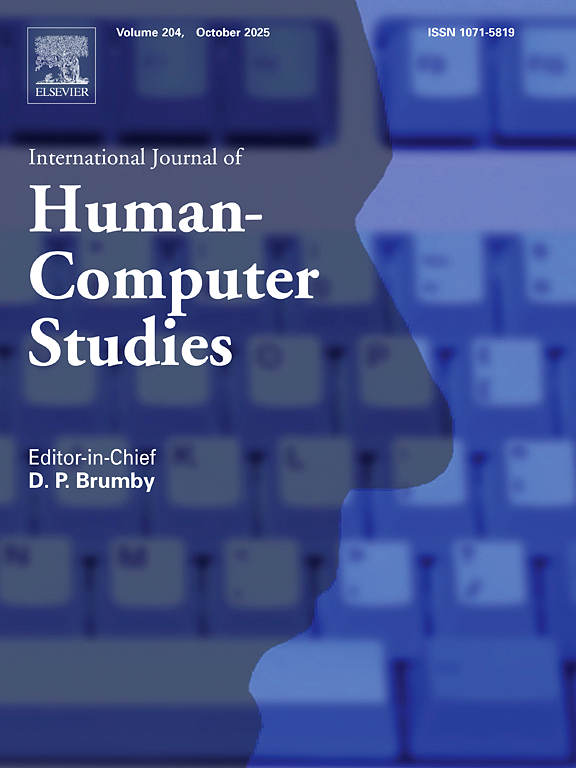
The paper reflects on how to apply AIs to digital wellbeing, accounting for the sensitivity of the topic to ensure that users are protected. Designers need to put great attention on the use of AI in this field: while there is a need for respecting the users, it is possible to exploit the flexibility of AI to improve current digital wellbeing tools, making them personalised and adaptive to user specific needs. Our design framework provides a set of aspects that require serious attention for a well-considered choice along with reflections over the available options.


